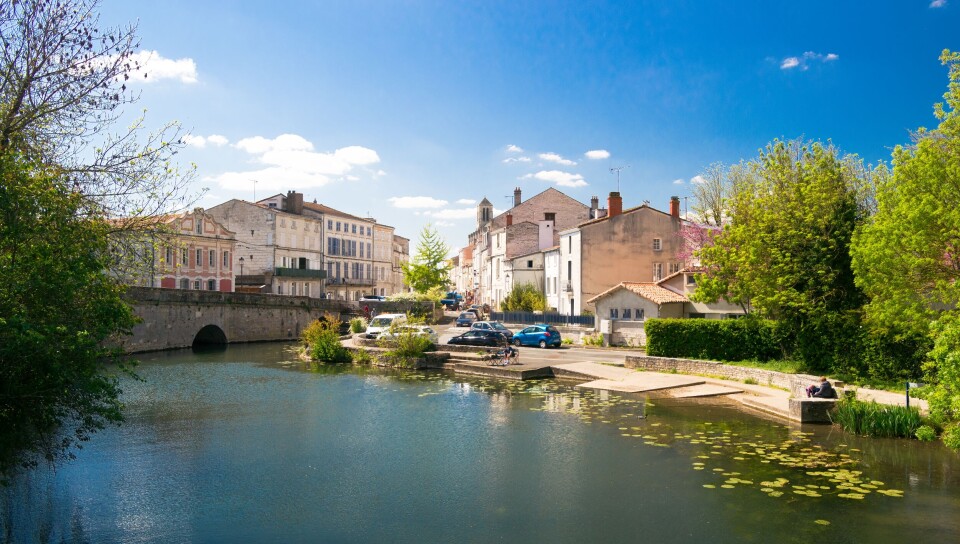-
Scam calls in France more than double in a year
Complaints about unsolicited calls are second only to those about fibre optic internet
-
‘Medical deserts’ major issue in upcoming local elections in France
Access to healthcare is now a more pressing concern than education, mayors say
-
‘Digital ID’ to be accepted at French airports this summer
Users of the France Identité app will be able to board certain flights using ID on smartphone
Strong aftershock in western France after magnitude 5 earthquake
The original quake was felt as far afield as Rennes in the north and Bordeaux in the south west on Friday early evening. More aftershocks may follow

A strong aftershock was felt in western France in the early hours of this morning after a rare 5.8 magnitude earthquake hit the area at 18:38 on Friday evening (June 16).
The French seismology bureau called the quake "very strong" amid reports of damage to buildings.
Ecology transition minister Christophe Béchu said it was "one of the strongest quakes registered on the mainland."
The national network for seismic surveillance RENASS recorded the quake at 5.3 while the French Central Seismological Bureau (BCSF) put it at 5.8. Earthquakes of a magnitude above five are rare in France, with the last one recorded in the southeastern department of Drome in 2019.
The aftershock was reported to be level 5 and was most strongly felt in the Deux-Sèvres department. It hit at around 4:30 today.
Where was the earthquake felt most strongly?
"It is mainly towards the epicentre, in the south of Niort" that the earthquake was felt most strongly, "between Mauzé-sur-le-Mignon, Arçais, Saint-Hilaire-la-Palud. This is where there is the most material damage", Jérôme Baloge, the mayor of Niort told Franceinfo on Friday.
According to initial reports, "cracks" have been identified and "two churches have been partially affected".
One person was slightly injured and treated on the spot in the Deux-Sèvres department, the prefecture said. "A series of material damage was reported from the southwest of the department," with stone falling off buildings and cracks appearing in walls, a statement from the prefecture said.
In the neighbouring Charente-Maritime department, cracks appeared in buildings and a power line came down, leaving 1,100 homes without electricity. The earthquake was felt as far afield as Rennes in the north and Bordeaux in the southwest.
Experts say there may be more aftershocks (diminishing in strength) and in such a case the emergency services advise to seek cover under a strong support and to protect your head as you can. People are asked not to call the emergency telephone lines unless necessary.
Related articles:
MAP: 4,000 earthquakes a year in France; where, and what risk level?
























